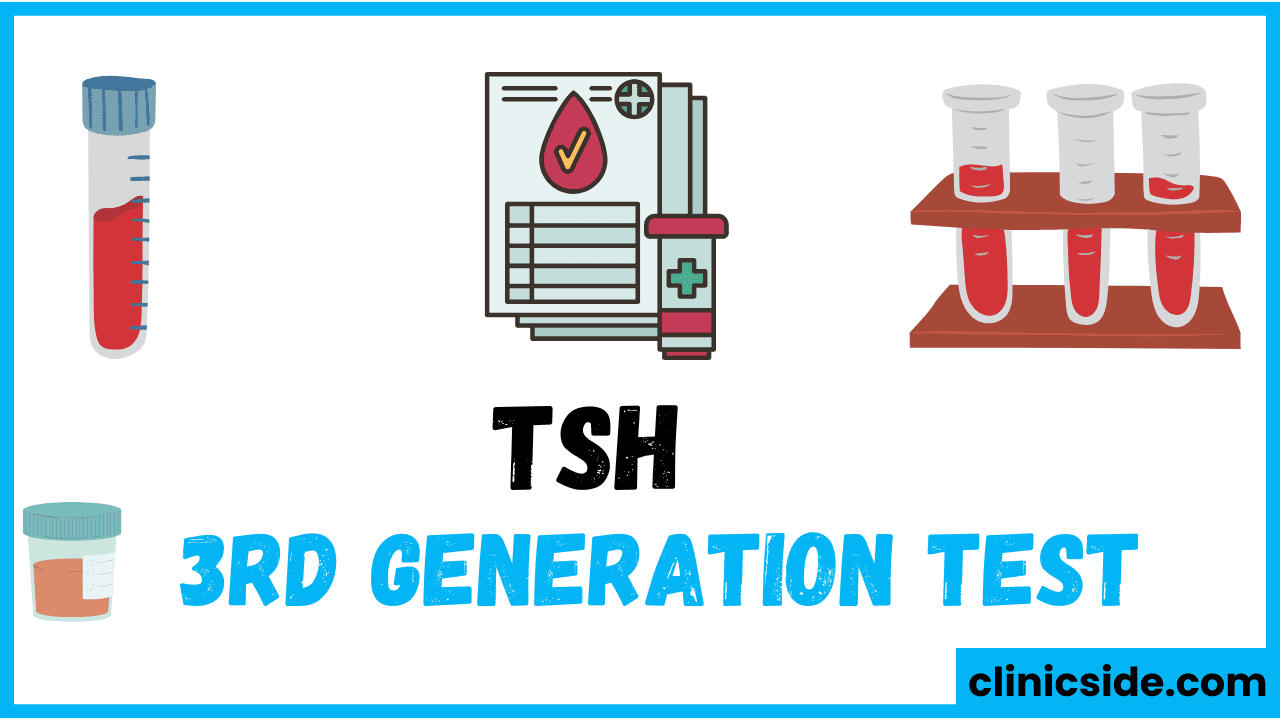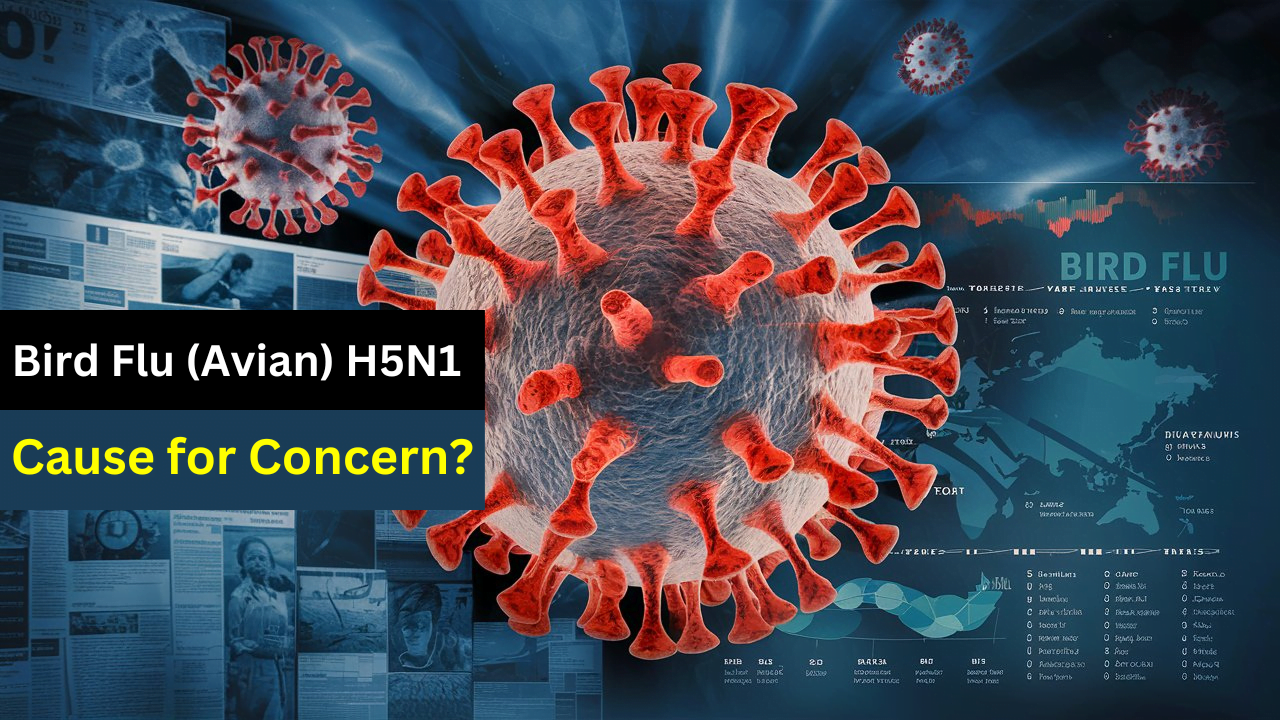
The TSH 3rd Generation test is a highly sensitive diagnostic tool designed to measure thyroid-stimulating hormone (TSH) levels in the blood with exceptional precision. This advanced testing method has become essential for diagnosing and managing thyroid disorders like hypothyroidism and hyperthyroidism. In this guide, we’ll explore everything you need to know about the TSH 3rd Generation test, including how it works, its significance, and what the results mean for your health.
What is the TSH 3rd Generation Test?
The TSH 3rd Generation test measures thyroid-stimulating hormone, which the pituitary gland produces to regulate the thyroid gland. The thyroid, in turn, releases the hormones T3 (triiodothyronine) and T4 (thyroxine), which are critical for metabolism, energy production, and brain function.
Key Features of the Test:
- Ultra-sensitivity: Detects TSH levels as low as 0.01 µIU/mL, making it ideal for identifying subclinical thyroid issues.
- Advancement over 2nd Generation: Higher accuracy in diagnosing borderline conditions.
Why is it called “3rd Generation”?
The term refers to advancements in lab testing techniques that allow more precise measurements, especially at very low TSH concentrations.
Why is the TSH 3rd Generation Test Important?
This test has multiple applications in diagnosing, monitoring, and managing thyroid disorders:
Diagnosing Thyroid Dysfunction:
- Elevated TSH levels indicate hypothyroidism (underactive thyroid).
- Low TSH levels suggest hyperthyroidism (overactive thyroid).
Monitoring Treatments:
Tracks the effectiveness of treatments such as hormone replacement therapy or medications like methimazole.
Specialized Applications:
- Pregnancy: Evaluate thyroid health to avoid complications.
- Chronic Conditions: Particularly useful in managing co-morbidities like hypothyroidism in thalassemia or thyroid nodules.
How is the TSH 3rd Generation Test Conducted?

The procedure is straightforward:
- Preparation:
- Fasting is not required unless specified by your doctor.
- Avoid intense physical activity and maintain hydration.
- Blood Collection:
A small blood sample is drawn from a vein in your arm. - Results Interpretation:
Results are reported in mIU/L (milli-international units per liter), with precise ranges depending on factors like age, gender, and pregnancy.
Interpreting TSH 3rd Generation Test Results
Normal Ranges for TSH Levels:
| Age/Condition | Normal Range (mIU/L) |
| Newborns | 0.7–15.2 |
| Adults | 0.27–4.2 |
| Pregnancy | 0.1–3.0 (varies by trimester) |
Abnormal TSH Levels:
High TSH (hypothyroidism):
- Causes: Hashimoto’s thyroiditis and iodine deficiency.
- Symptoms: fatigue, weight gain, depression, cold intolerance.
Low TSH (hyperthyroidism):
- Causes: Graves’ disease, thyroid nodules.
- Symptoms: weight loss, rapid heartbeat, anxiety, heat intolerance.

TSH 3rd Generation vs. Earlier Tests
| Feature | 2nd Generation | 3rd Generation |
| Sensitivity | Detects TSH > 0.1 µIU/mL | Detects TSH > 0.01 µIU/mL |
| Accuracy | Moderate | High |
| Diagnostic Utility | Limited in borderline cases | Ideal for subclinical thyroid dysfunction |
TSH 3rd Generation High Means
- What Does a High TSH 3rd Generation Result Mean?
High TSH levels detected in the 3rd Generation test typically indicate hypothyroidism, where the thyroid gland is underactive. This can be caused by conditions such as:- Hashimoto’s Thyroiditis: An autoimmune disorder that damages thyroid cells.
- Iodine Deficiency: Essential for thyroid hormone production.
- Medication Effects: Certain drugs like lithium can elevate TSH.
Symptoms to Watch For:
- Persistent fatigue.
- Slow metabolism, leading to weight gain.
- Sensitivity to cold temperatures.
- Dry skin and hair thinning.
TSH 3rd Generation Levels Chart
- Detailed TSH Levels Chart by Age and Condition:
| Age/Condition | Normal Range (mIU/L) |
| Newborns | 0.7–15.2 |
| Children (1-12 yrs) | 0.6–5.0 |
| Adults | 0.27–4.2 |
| Pregnancy: 1st Trimester | 0.1–2.5 |
| Pregnancy: 2nd Trimester | 0.2–3.0 |
| Pregnancy: 3rd Trimester | 0.3–3.0 |
Use this chart to quickly interpret your TSH levels with the help of a healthcare provider.
Common Questions About TSH 3rd Generation
1. What does TSH 3rd Generation mean?
It refers to an advanced thyroid test capable of detecting very low levels of TSH, offering greater accuracy in diagnosing thyroid disorders.
2. What is the normal range for TSH 3rd Generation?
For adults, the typical range is 0.27–4.2 µIU/mL, though this may vary with factors like age and pregnancy.
3. How does TSH affect fertility?
Abnormal TSH levels can disrupt ovulation and increase the risk of miscarriage, making thyroid testing critical for women trying to conceive.
4. What causes sudden increases in TSH levels?
- Stress or illness.
- Thyroid medication changes.
- Iodine deficiency or autoimmune conditions.
TSH 3rd Generation and Pregnancy
Thyroid health is crucial during pregnancy for fetal development and maternal well-being.
Normal TSH Ranges in Pregnancy:
- First trimester: 0.1–2.5 µIU/mL.
- Second trimester: 0.2–3.0 µIU/mL.
- Third trimester: 0.3–3.0 µIU/mL.
Risks of Abnormal TSH Levels:
- High TSH: risk of miscarriage, preeclampsia, and low birth weight.
- Low TSH: Risk of preterm delivery or placental complications.
Pregnancy and TSH Levels
Managing Abnormal TSH in Pregnancy:
- If TSH is too high during pregnancy, the risk of miscarriage, preeclampsia, and developmental delays in the baby increases. Management includes:
- Immediate consultation with an endocrinologist.
- Adjusting thyroid hormone replacement therapy (e.g., levothyroxine).
- If TSH is too low, hyperthyroidism during pregnancy can cause placental complications or preterm delivery. This may require:
- Beta-blockers to control symptoms like rapid heart rate.
- Monitoring free T4 levels alongside TSH.
Fertility and TSH
- How Does TSH Affect Fertility?
Both hypothyroidism and hyperthyroidism can disrupt ovulation, making conception more difficult. Women trying to conceive should aim for TSH levels between 1.0–2.5 mIU/L, as this range is optimal for fertility.- High TSH can lead to irregular menstrual cycles and an increased risk of miscarriage.
- Low TSH may cause ovarian dysfunction or luteal phase defects.
Tips for women facing fertility challenges:
- Check thyroid function early during infertility assessments.
- Include iodine-rich foods in your diet (e.g., seafood, iodized salt).
- Manage stress through yoga or mindfulness exercises, as stress can impact TSH.
Manage stress through yoga or mindfulness exercises, as stress can impact TSH.
Diet plan for thyroid patients
For those with high or low TSH levels, consider these actionable tips:
- Dietary Adjustments: Include iodine-rich foods (fish, dairy) and avoid excessive soy or gluten.
- Lifestyle Changes: Manage stress with relaxation techniques like yoga or meditation.
- Regular Monitoring: Schedule routine thyroid tests to track changes.
FAQs from Search Insights
- What does ultrasensitive TSH mean?
It refers to the high sensitivity of the test, allowing for early detection of thyroid dysfunctions. - What is TSH 3rd Generation with Reflex to FT4?
If TSH levels are abnormal, a reflex test for Free T4 (FT4) is conducted to determine thyroid hormone activity. - What is thyrotropin level?
Thyrotropin is another term for TSH, which stimulates the thyroid gland. - Can stress increase TSH levels?”
Yes, chronic stress can indirectly influence TSH levels. Stress triggers the release of cortisol, which may interfere with the hypothalamic-pituitary-thyroid axis, potentially leading to mild thyroid dysfunction.
What You Can Do:
Practice regular stress-management techniques like deep breathing.
Maintain a healthy sleep routine, as poor sleep increases stress hormone levels. - What Should I Eat to Lower TSH?”
For those with hypothyroidism:
Include:
Iodine-rich foods (e.g., fish, seaweed, dairy).
Selenium (e.g., Brazil nuts, eggs).
Zinc (e.g., shellfish, nuts).
Avoid:
Excess soy products and gluten may interfere with thyroid function.
For those with hyperthyroidism:
Include:
Cruciferous vegetables (e.g., broccoli, cauliflower) to suppress excess thyroid hormone.
Anti-inflammatory foods like turmeric and omega-3-rich fish.
Conclusion
The TSH 3rd Generation test is an essential tool for accurate diagnosis and management of thyroid disorders. Its superior sensitivity allows for early detection and effective treatment, ensuring better health outcomes. Whether you’re monitoring a chronic condition or investigating symptoms, this test provides the clarity needed to take control of your thyroid health.
Discover more about managing thyroid health by exploring our resources on conditions like hypothyroidism in pregnancy or smfm hypothyroidism. Share this guide to help others stay informed about this critical diagnostic tool!





